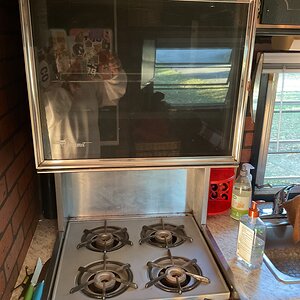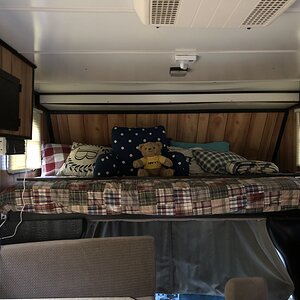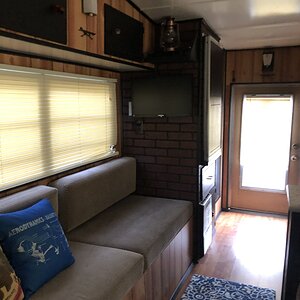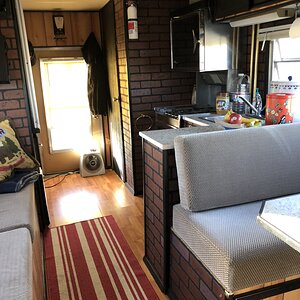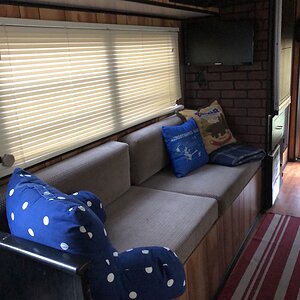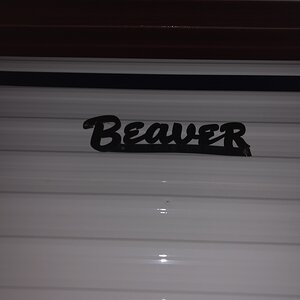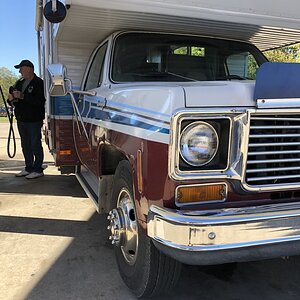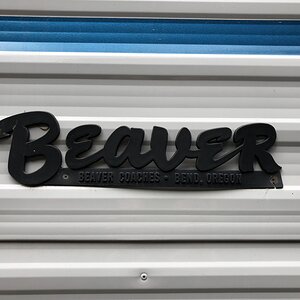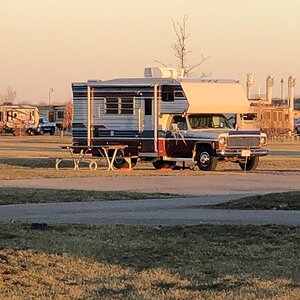jdlong49
RVF Regular
- Joined
- Aug 5, 2022
- Messages
- 48
- RV Year
- 2022
- RV Make
- Transcend Xplor
- RV Model
- 200MK
- Fulltimer
- Yes
I've been looking at 2 Transcend models and 2 Imagine models and so far every Imagine I've looked at in person has a UVW about 150-200lbs more than what is listed on the specs. I understand this comes from the A/C, solar panels, etc. But the Transcend models I'm seeing are all coming in 400-500lbs heavier than the specs and they should have the same stuff added after weighing in as the Imagines. So where is all that weight coming from? I had a salesman(who I never listen to) tell me "oh, you can't believe those weights. Sometimes they still have 2 or 3 guys working on the inside when they weight them." I dismissed this as just salesman BS, but where is that weight coming from???


